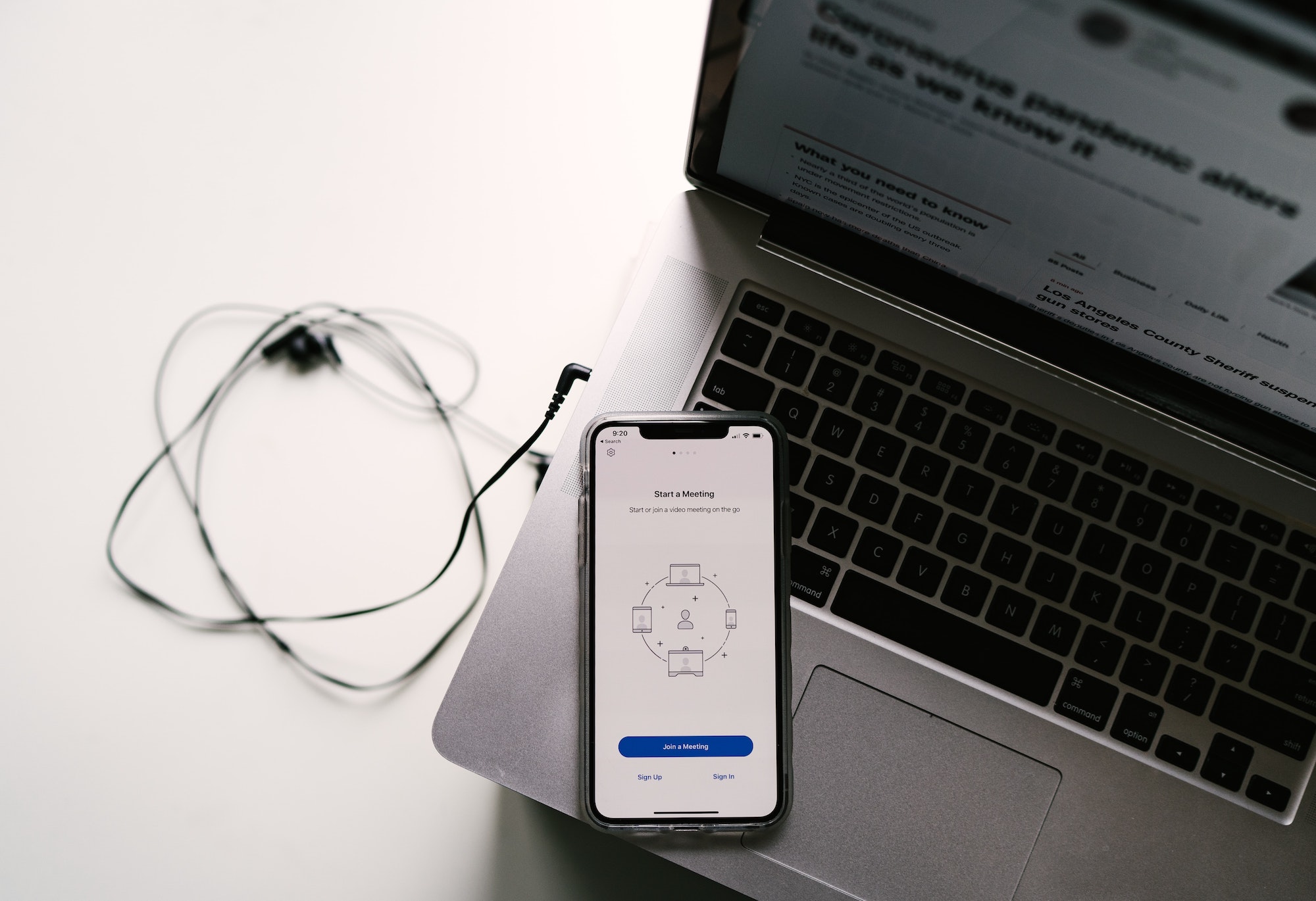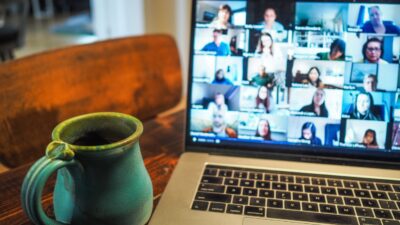
Your remote work persona deserves better
We are still in the early emergency phase of moving work online. As such, there is good will and forgiveness for technical mistakes in Zoom meetings, and a lot of humour about what we wear (or don’t wear) in streaming video sessions. No one judges you for it… yet.
But as the initial scrabble gives way to months of remote working, is that likely to last? It will take a while for life to return to normal, and remote working will remain a feature of our professional lives for months. People are already tiring of others who leave their mics open, fail to connect on time or try to communicate via clunky presentations with poorly lit untidy bedroom backdrops, shot from poorly positioned low-angled webcams.
Elsewhere in business, we take great care to present our professional selves, and many of us have built elaborate social media personas. And yet our remote work personas remain anything but professional. We know that appearance and demeanour in business matter. Should it not then be expected that those who can present a more professional and technically competent remote work persona will start to edge ahead of those who continue to act as if wearing sweatpants or not finding the unmute button is somehow funny?
While things are acceptable during the current transition phase, I suspect that people will increasingly be judging your core competence and value to the organisation by your appearance, which increasingly comprises audio quality, lighting, backgrounds, camera positions and proficiency in working with remote technology. We might even see new service opportunities arise to help executives and employees with developing remote working competency.
This is part of a series of insights related to Coronavirus (COVID-19) and its impact on business.
Mike is a co-founder of the Motus Lab at The University of Sydney Business School. His research is into using interactive realtime digital humans as new forms of Human Computer Interfaces.
Share
We believe in open and honest access to knowledge.
We use a Creative Commons Attribution NoDerivatives licence for our articles and podcasts, so you can republish them for free, online or in print.





